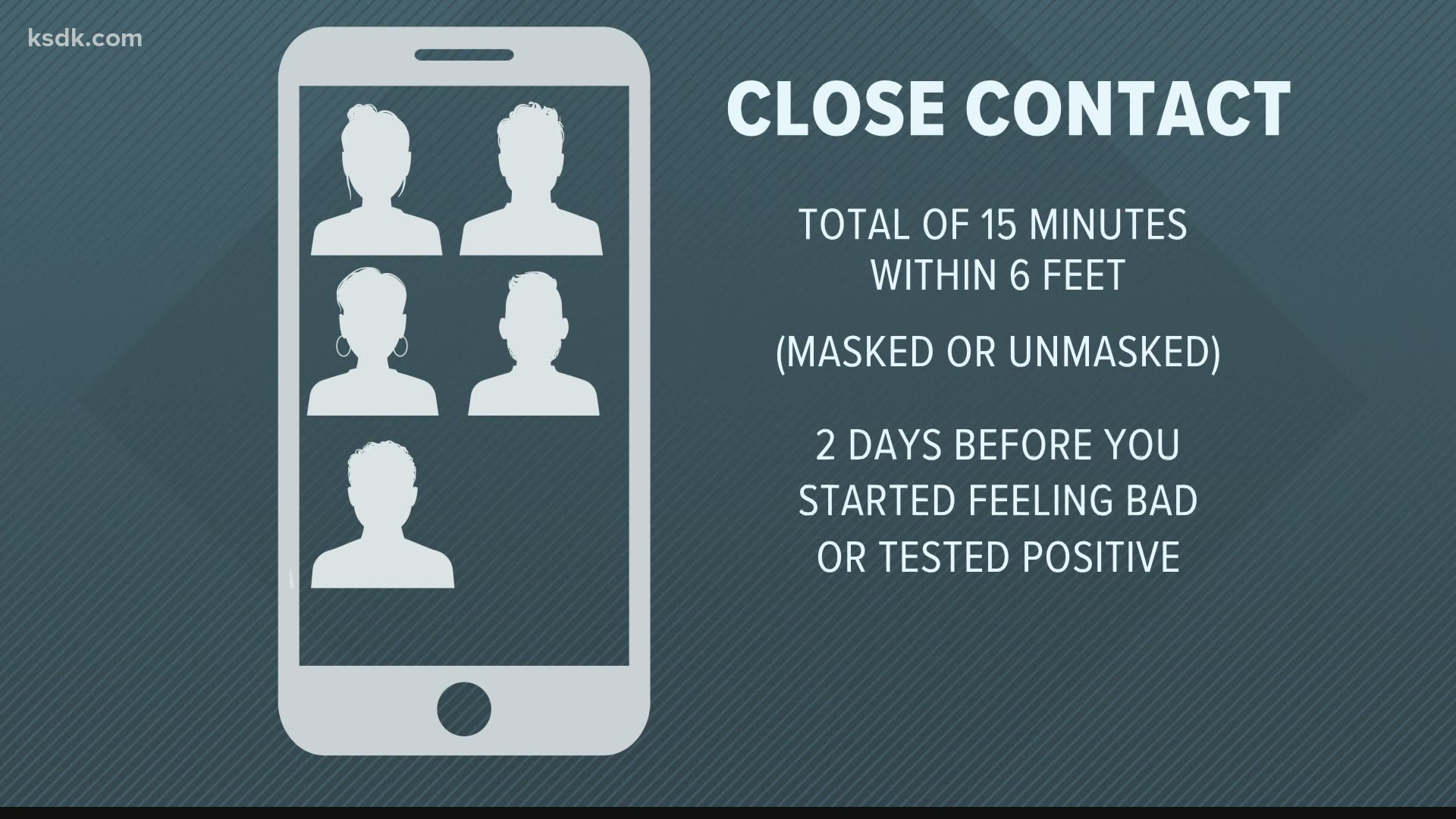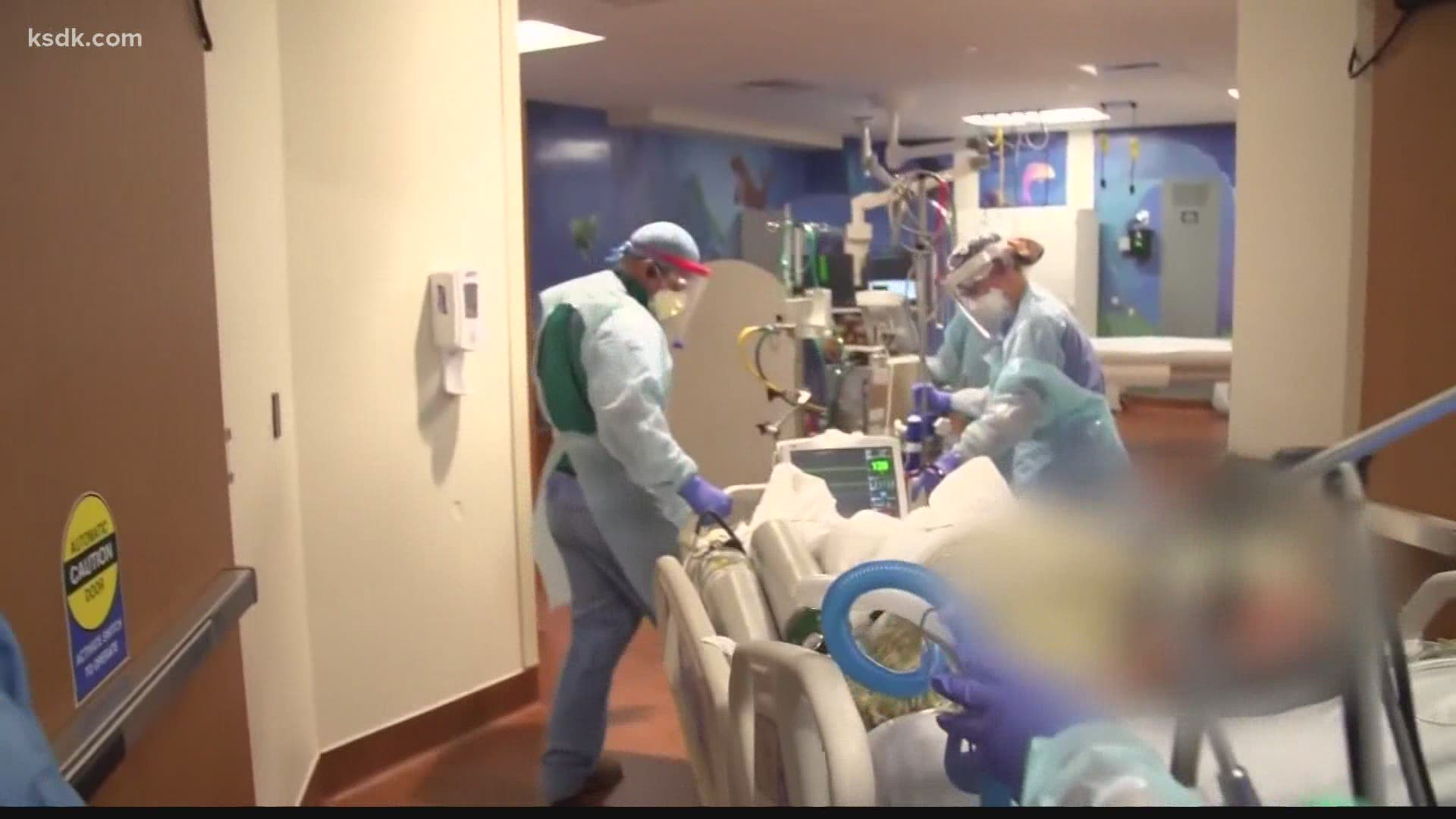ST. LOUIS — Where would you go, if you could travel back in time? Probably not relive every outing or human interaction from the past few days, but that's what it means to contact trace.
“It definitely makes it a lot easier and a lot faster if you know exactly who you are around,” said Jessica McHugh, an epidemiologist with the St. Charles County Health Department.
It's a contact tracer's job to determine who a COVID-19 positive person may have passed the virus along to, getting in touch with people who need to quarantine. However, that’s getting harder to do, with increasing cases and just a handful of contact tracers per positive patient in most areas.
5 On Your Side checked in with area health departments across the bi-state: they all say they're getting overwhelmed. Tracers in St. Charles County still aim to call everyone who's been exposed--other counties are asking people to take on more responsibility. With these heavy caseloads and an increase in travel requiring tracers to contact people and health officials in faraway areas, it also might be faster to contact people yourself if you test positive.
Call anyone you've been in close contact with---meaning a total of 15 minutes spent within 6 feet, masked or unmasked--since 2 days before you started feeling bad, or if you're asymptomatic, before you tested positive.
McHugh says making that list should not be as hard as it sounds, since the best way to make contact tracing easier is seeing fewer people.
“If it's too difficult to keep track of how many places you've been, you might be going to too many places,” she said. “Start thinking about it. If I got sick tomorrow, who would make those contacts today? And if you can't count them on one hand or two hands, then you need to start thinking about how could I make this list shorter? Who do I not need to be in close contact with throughout the day?”
She acknowledges that this might be more difficult for people whose jobs require coming into contact with others, but she says it should be a goal.
One difficulty in contact tracers’ jobs has been communicating with the public, who she says has been less forthcoming with information to help in their efforts. She says it’s important to work with them, and be honest with those you know you’ve been in close contact with, to slow COVID-19's spread.
“Quarantine is not a punishment, it is a way to keep that person's friends and family safe. So if we are unable to let them know that they were exposed, they may continue to go see their elderly parent or someone that has a risk factor in without them knowing that they need to be safer and they need to stay home. They may be exposing others.”


